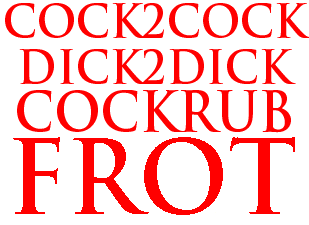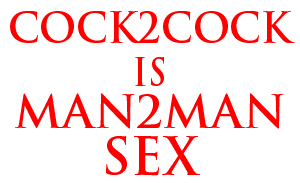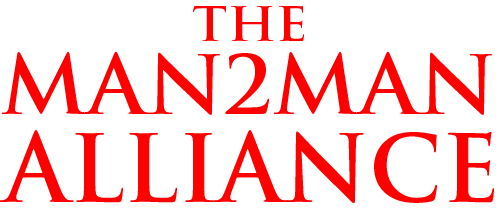




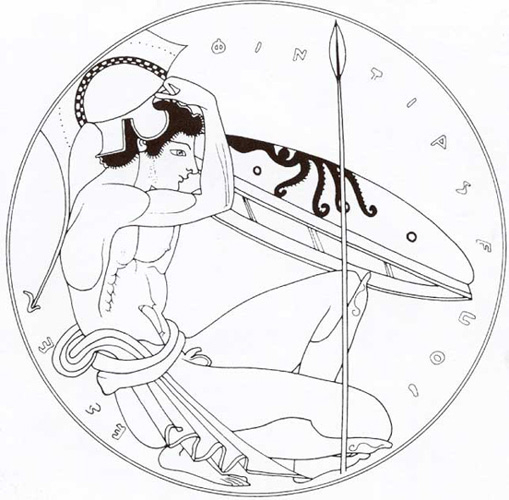
sweat the sacrament of naked valour
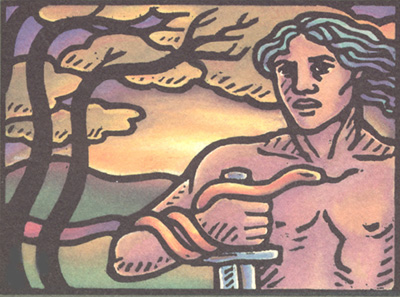


sweat the sacrament of naked valour
4-27-2007
"sweat the sacrament of naked valour"
Let's start with Statius.
In this passage from his retelling of the Greek epic Seven Against Thebes, Statius is describing the marshalling of the forces who will fight against Thebes.
[There are warriors from] steep Taygetus
Parents are gladdened by their children's fate
~ Statius, Thebaid, IV, 227-40
Let's deconstruct a bit.
Statius is describing the warrior contingent from Laconia which is accompanying Polynices and Tydeus on their quest to regain the throne of Thebes.
Laconia is the region of Greece of which Sparta is the chief city.
So the poet is basically describing Spartans.
And there are some allusions therefore to Sparta:
[warriors from] steep Taygetus [a mountain near Sparta]
The god of Arcady [Hermes]
Hermes -- the Roman Mercury -- has trained these guys in the ways of angry war and naked valour -- since they fight, that is, display male virtue, in the palestra, in the games, and in battle, nude --
and that training has given them high resolve -- "Never retreat, never surrender" is the Spartan credo --
"And sweat the sacrament of glorious death."
As I discussed in my reply to the Blacksburg message thread, the Greeks -- and also the Romans -- regarded a glorious death in battle as wiping "clean at one stroke all previous flaws in a man's life."
Then the poet adds that
Parents are gladdened by their children's fate
Reins in their hands they hold
So this is Statius' take, writing ca 90 AD, on the Spartan ethos:
Naked valour, high resolve, and sweat the sacrament of glorious death.
Now, I've said that many Greeks admired the Spartans.
They may have been at odds with the Spartans politically and/or geo-strategically; and they were often at war with the Spartans.
But they admired Spartan ideals, because in truth, those ideals were in key areas identical to their own.
After all, the Greeks who gathered, under Spartan command, at Platea in 479 to finally face down the Persians took a formal oath:
'I shall fight to the death; I shall put freedom before life.'
We'll talk about that again in the 300 message thread.
The Thebaid of Publius Papinius Statius is a Roman take on the ancient Greek epic called the Seven Against Thebes, or the Thebais.
Which has been lost.
The Thebais was part of a large group of Greek epics known to classicists as the Epic Cycle.
There were at least 13 separate poems in the Epic Cycle, and possibly more;
of which only the Iliad and Odyssey survive today.
These poems started at the creation of the world; and continued to the end of the Age of Heroes -- heroes like Heracles and Theseus and Jason and the Argonauts and the Seven Against Thebes and their sons, and eventually all those who took part in the Trojan War and -- its aftermath.
And hardy squadrons from Eurotas where
The white swans breed. The god of Arcady
Himself had reared them in the dusty ring
And trained them in the ways of angry war
And naked valour; hence their high resolve
And sweat the sacrament of glorious death.
And urge them to their doom; the young men all
Are shedding tears, the mothers well content
To lay the wreaths. Reins in their hands they hold
And javelins, a pair, with thongs attached;
From huge bare shoulders hangs a shaggy cloak,
Swans' feathers crown each crest.
And hardy squadrons from Eurotas [Sparta's principal river] where
The white swans breed. [Zeus came to the Laconian matron Leda in the guise of a swan and fathered the Spartan heroes known as the Dioscuri -- thus the swan is another symbol of Lakon.]
Himself had reared them in the dusty ring [of boxing, wrestling, and pankration]
And trained them in the ways of angry war
And naked valour; hence their high resolve
And sweat the sacrament of glorious death.
And urge them to their doom ["Come back with your shield or on it!"]; the young men all
Are shedding tears, the mothers well content
To lay the wreaths [the mothers of Spartan Warriors are content to do their duty; the young men are more emotional, and cry openly.]
And javelins, a pair, with thongs attached;
From huge bare shoulders [the Spartans claimed that the way they bred warriors, plus the agoge and the athleticism of their women, resulted in men who were bigger and stronger] hangs a shaggy cloak [the Spartan Warrior's single red cloak, which became "shaggy" from wear],
Swans' feathers crown each crest.
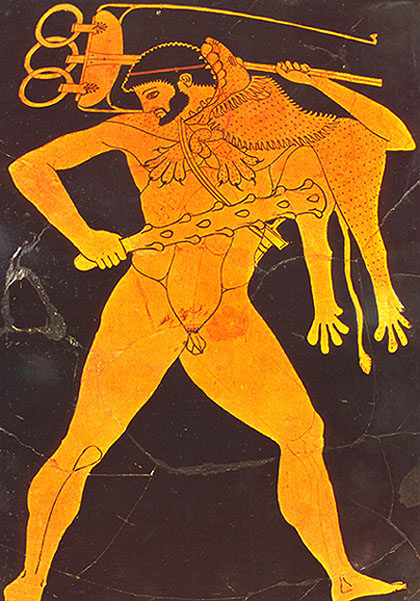
Herakles
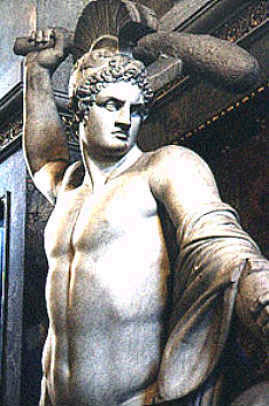
Theseus
Like the Bible, the Epic Cycle was linear -- it started with creation and moved forward in time;
and also like the Bible, the characters tended to be related and inter-related to each other.
So, for example, the hero Tydeus, who is killed in the war of the Seven Against Thebes,
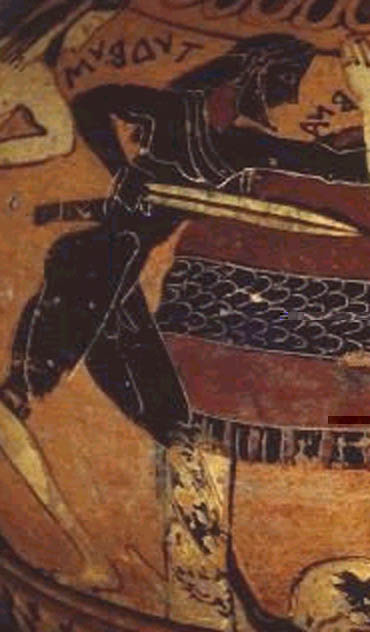
Tydeus
has a son, Diomedes, who fights in the Trojan War.
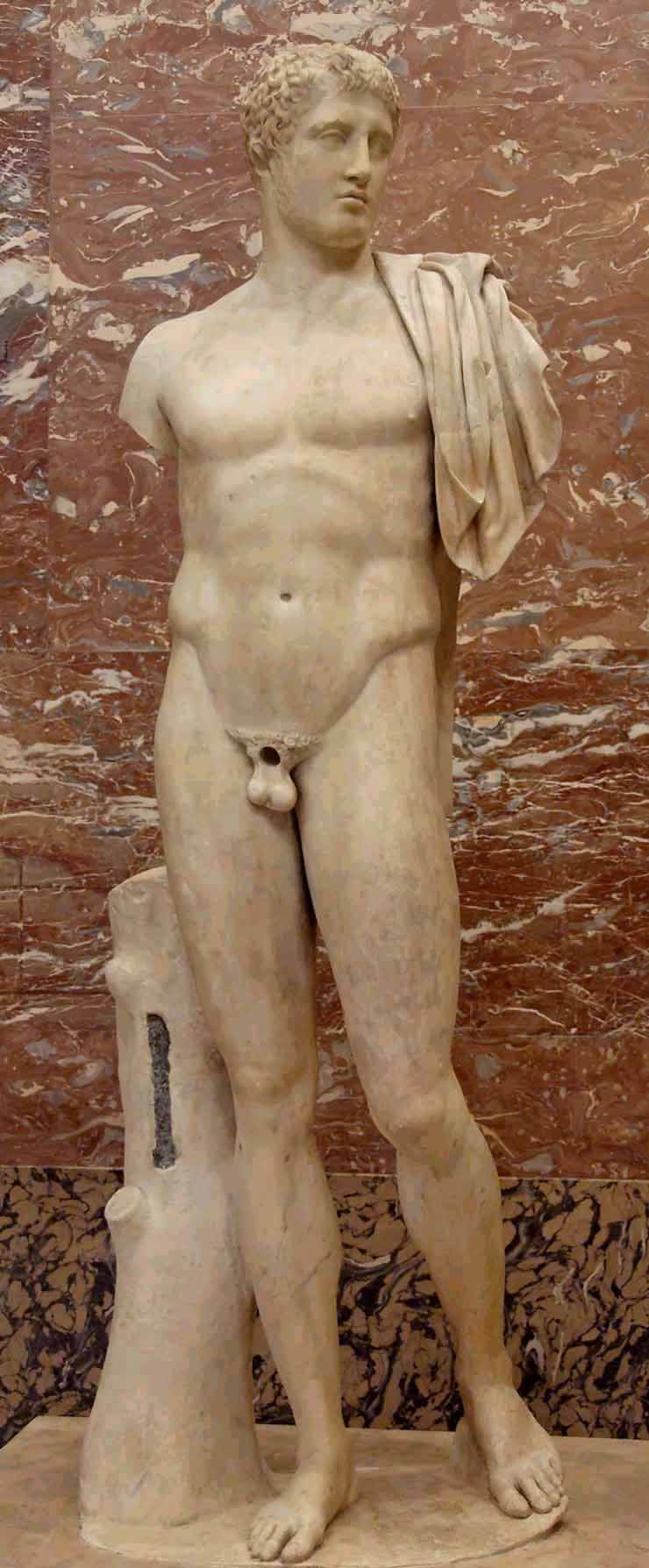
Diomedes
Thus there are webs of relationship and inter-relationship between and among the Warriors.
That was the Epic Cycle.
And again, the originals, with the exception of the Iliad and Odyssey, have all been lost.
But we do have a few re-makes.
For example, the story of Jason and the Argonauts was retold at least twice in antiquity, once by the Hellenistic poet Apollonius Rhodios, and once by the Roman Gaius Valerius Flaccus.
Statius of course did his own Latin version of the Greek Thebais, or Seven Against Thebes, which he called the Thebaid.
And in, we think, the third century AD, a man known to us as Quintus Smyrnaeus wrote his own take on the events between the close of the Iliad and the beginning of the Odyssey.
Like Plutarch, Quintus Smyrnaeus wrote in Greek for a bilingual Greco-Roman audience.
He called his epic the Post Homerica -- but we know it today as The Fall of Troy.
And it's surprisingly good.
It tells of the battle between Achilles and Penthesileia, the Amazon queen; the battle between Achilles and Memnon, leader of the Ethiopians; the death of Achilles; the ascendancy of his son; the building of the Wooden Horse; the taking of Troy; and the scattering of the Greek fleet by the gods.
How closely it follows the lost epics -- we of course don't know.
We do know that in places Quintus ignores what the Odyssey has to say -- for his own version of events.
Is that because he didn't have access to the Odyssey?
Or because he had access to other sources?
Or because he just decided to go it on his own?
Most likely we'll never know.
Nevertheless, The Fall of Troy is great reading.
(The translation I use is by Arthur Way, and it's to be found in the Loeb Classical Library, which is a collection of all the ancient Greek and Roman texts, published by Harvard --
with the Greek or Latin text on one page and the translation on the page facing --
hard-bound into little books with green dust jackets and the meander pattern stamped in gold on their spines.
They're utterly charming.
The ancients didn't have books as we know them -- but if they had, I'd like to think that their books looked like those of the Loeb Classical Library.)
Now:
What's striking in Quintus Smyrnaeus, as it is with Statius and Ovid and most other ancient authors, are the casual references to the Love between Warriors -- and the frank acknowledgment of the power of that Love.
For example:
The story of the battle between Penthesileia and Achilles is one of the most powerful in the epic cycle.
Penthesileia is a leader of the Amazons, who of course are woman warriors, she's a daughter of Ares, the war god, and she's a formidable fighter.
She's come to aid the Trojans, and she and her Amazons kill a great many Greeks.
Finally she faces Achilles in single combat, and he kills her.
Our modern sensibilities may be offended by a man killing a woman, but remember that to the Greeks, Penthesileia is the equal of most male warriors, and she's elected to oppose the Greeks.
This is a vase painting -- a very famous vase painting -- of Achilles slaying Penthesileia.
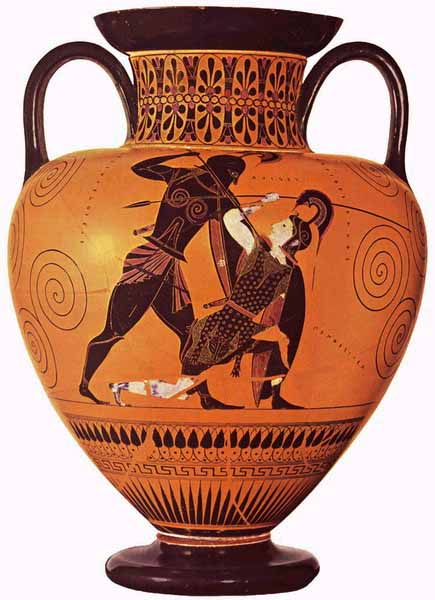
Here's a closer look:
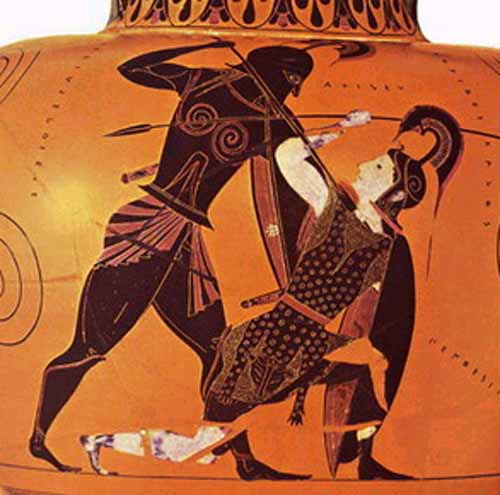
Notice that Achilles is diaphonously nude from the waist down; as he is in this scene with Patroclus:
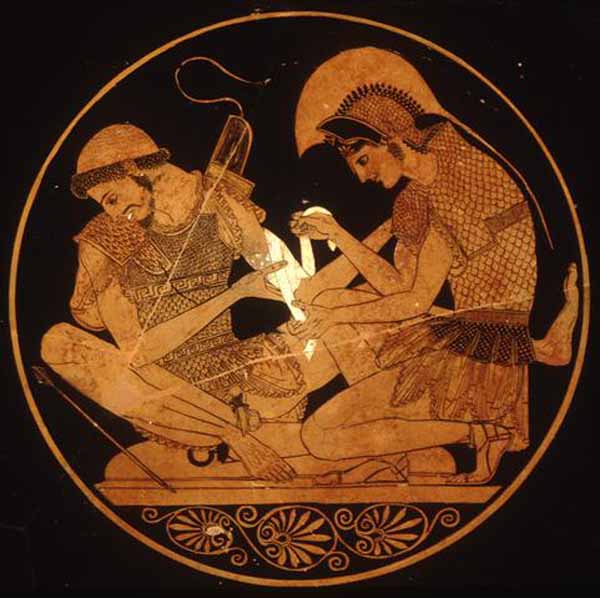
And that he's making eye contact with Penthesileia, just as he does with Hector when he kills him:
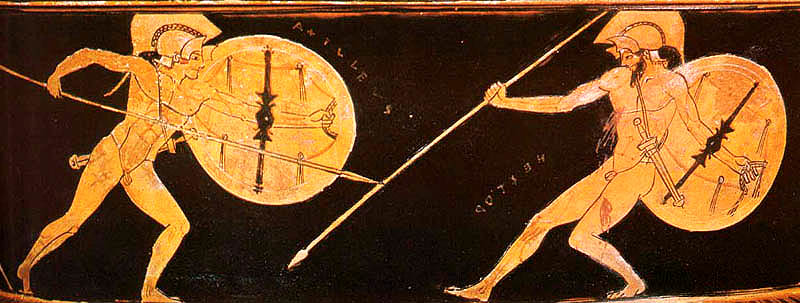
Now, it's not so much Achilles' slaying of Penthesileia that's of interest in the story, as it is what happens after her death.
For after Achilles has killed Penthesileia, and the other Greeks have killed her Amazon warrior sisters, Achilles removes Penthesileia's helmet.
And when he does he falls in love with her -- even though she's dead.
Says Quintus, Achilles is pierced "With the sharp arrow of repentant love."
As are the other Greek warriors.
For Penthesileia is very beautiful, "like an immortal," and the Greek warriors wish that their own wives could be as comely.
Yea, and Achilles' very heart was wrung
With love's remorse to have slain a thing so sweet,
Who might have borne her home, his queenly bride,
To chariot-glorious Phthia; for she was
Flawless, a very daughter of the Gods,
Divinely tall, and divinely fair.
Now remember that Patroclus is dead.
Which is why, arguably, Achilles is free to fall in love.
And Quintus says so -- very directly:
For while the Greeks despoiled the other corpses, Achilles
Gazed, wild with all regret, still gazed on her,
The strong, the beautiful, laid in the dust;
And all his heart was wrung, was broken down
With sorrowing love, deep, strong as he had known
When that beloved friend Patroclus died.
So here Smyrnaeus makes an explicit equation between the "deep, strong" love of Warriors -- and the love of a man for his bride.
It's very striking.
As are the many scenes in which a hero is killed and his warrior comrade both mourns and seeks revenge -- the sort of scene we saw in Ovid, in the tale of Athis and Lycabas.
For example:
And hard thereby great-souled Agenor slew
Hippomenes, hero Teucer's comrade staunch,
With one swift thrust twixt shoulder and neck; his soul
Rushed forth in blood; death's night swept over him.Grief for his comrade slain on Teucer fell;
He strained his bow; a swift-winged shaft he sped,
But smote him not, for slightly Agenor swerved...
So:
Hippomenes and Teucer are staunch Warrior comrades.
Agenor kills Hippomenes; and, filled with grief, Teucer attempts to kill Agenor.
As I pointed out in The Mingling of Their Bones, this is a common theme in Greek and Roman poetry.
And it recurs again and again in Quintus Smyrneus.
For example,
Then Meriones shot forth a deadly shaft,
And smote Phylodamas, Polites' friend...
So in the epic, guys are defined not by their wives or girlfriends, but by their male "friends" -- warrior-comrades.
Phylodamas is killed; his friend Polites is on the battlefield and narrowly avoids death himself.
At that moment in the battle, the Greeks are close to taking Troy.
And Ganymedes, the beloved of Zeus, who before being made immortal was a Trojan prince, pleads with his lover to prevent a Greek victory until such time as Ganymedes cannot see it.
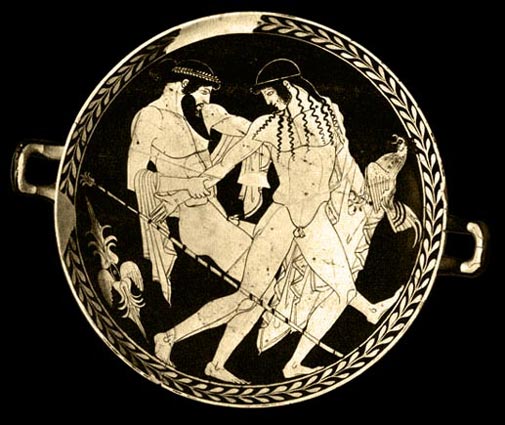
Which Zeus does.
Another striking instance of caring between male lovers.
There are, again, many such references to "Warrior-comrades" throughout Smyrnaeus:
With Glaucus' warrior-comrade Scylaceus
Oileus' son, closed in the fight, and stabbed
Over the shield-rim, and the cruel spear
Passed through his shoulder ...
So Smyrnaeus takes it for granted that men will have "warrior-comrades."
There's more.
As you may remember, while Achilles was hiding on Scyros, he got his girlfriend pregnant.
The son of that union is named Neoptolemus, meaning "New War"; but he doesn't get to Troy until his father Achilles has already been killed.
He turns out to be as great a fighter as his father:
Achilles' son
Beyond the rest was filled with valour and strength
Which win renown for men in whom they meet.
Peerless was he in both; the blood of Zeus
Gave strength; to his father's valour was he heir;
So by those towers he smote down many a foe.
And in this scene, he visits his father's tomb, and embraces a frankly phallic symbol of his father:
Aweless Achilles' son the while went forth
To his sire's huge tomb. Outpouring tears, he kissed
The tall memorial pillar of the dead,
And groaning clasped it round, and thus he cried:
"Hail, father! Though beneath the earth thou lie
In Hades' halls, I shall forget thee not.
Oh to have met thee living mid the host!
Then of each other had our souls had joy,
Then of her wealth had we spoiled Ilium.
But now, thou hast not seen thy child, nor I
Seen thee, who yearned to look on thee in life.
Yet, though thou be afar amidst the dead,
Thy spear, thy son, have made thy foes to quail;
And Danaans with exceeding joy behold
One like to thee in stature, fame and deeds."He spake, and wiped the hot tears from his face;
And to his father's ships passed swiftly thence ...
So the imagery is phallic.
Neoptolemus kisses the tall memorial pillar on his father's tomb and clasps it round;
and then refers to himself as his father's spear:
"Thy spear, thy son, have made thy foes to quail."
The man is father to the son.
The man is father to the spear.
It reminds me of the Spartan poet Tyrtaeus who said of Sparta after the Lycurgan revolution,
The spear-points of young men blossom there
And justice is done in open air,
The stuff of gallant deeds.
There is, in other words, among the ancients an unashamed equation of Man with Manhood.
Of Man with Phallus.
Of Phallus with Spear.
And of Man with Spear.
Of Man with Fighter.
Of Man with Warrior.
Remember Statius:
The god of Arcady
Himself had reared them in the dusty ring
And trained them in the ways of angry war
And naked valour; hence their high resolve
And sweat the sacrament of glorious death.
"angry war and naked valour"
"their high resolve and sweat the sacrament of glorious death."
That's the Warrior's world guys.
It can be your world too.
If you have the brains and guts to grasp it.
I suppose I should say if you have the brains and balls to grasp it.
You like references to balls.
They get you stirred up for about five seconds, and then you lapse back into your customary and no doubt comfortable coma.
You would never have made it in the ancient world.
You would have been beaten up repeatedly as a child, and if you had survived into adulthood, someone would have skewered you with a spear.
Or simply enslaved you.
Of course you're enslaved in the modern world as well.
"angry war and naked valour"
Valour is male virtue, and male virtue is fighting spirit.
Men fight.
You like the naked part;
but you're afraid of the fighting part.
And thus you are, by the hedonism of the age, UNmanned.
Hedonism is not your friend.
Fighting spirit is your friend.
Figure it out.
FIGHT BACK.
Bill Weintraub
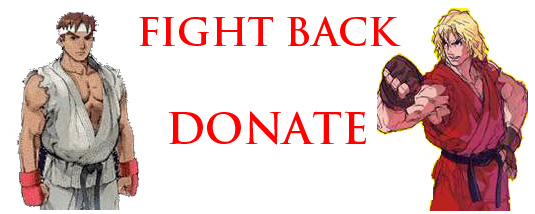
© All material Copyright 2007 by Bill Weintraub. All rights reserved.
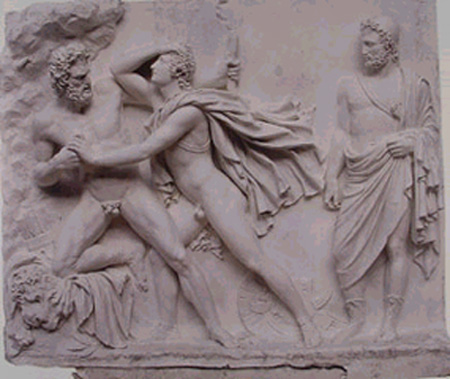
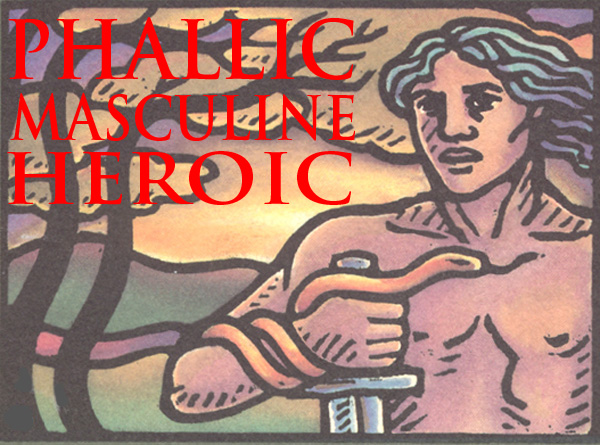



AND



is presented by The Man2Man Alliance, an organization of men into Frot
Click here to read An Introduction to Frot and The Man2Man Alliance.
Click here to learn more about Heroic Homosex.
And here to learn more about Heroes.
Or here to visit our FAQs page and learn more about Frot Men.

| Heroes Site Guide | Toward a New Concept of M2M | What Sex Is |In Search of an Heroic Friend | Masculinity and Spirit |
| Jocks and Cocks | Gilgamesh | The Greeks | Hoplites! | The Warrior Bond | Nude Combat | Phallic, Masculine, Heroic | Reading |
| Heroic Homosex Home | Cockrub Warriors Home | Heroes Home | Story of Bill and Brett Home | Frot Club Home |
| Definitions | FAQs | Join Us | Contact Us | Tell Your Story |

© All material on this site Copyright 2001 - 2011 by Bill Weintraub. All rights reserved.
